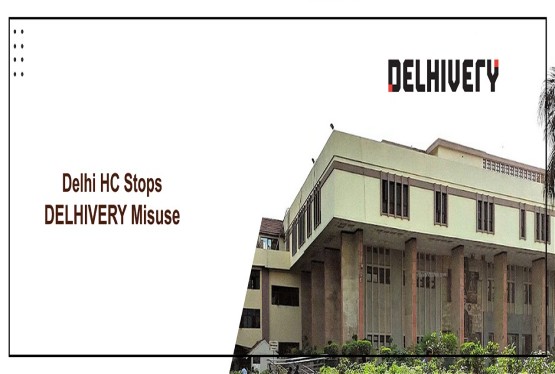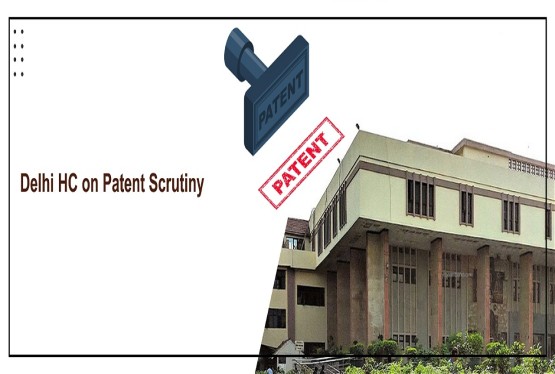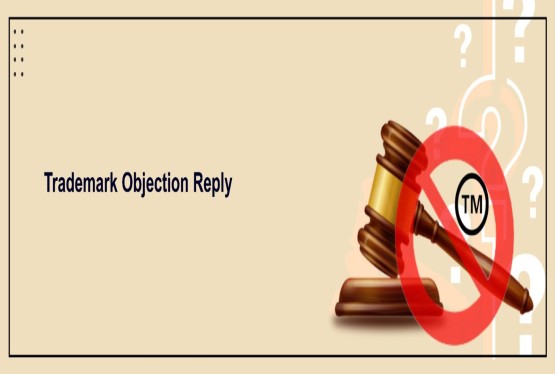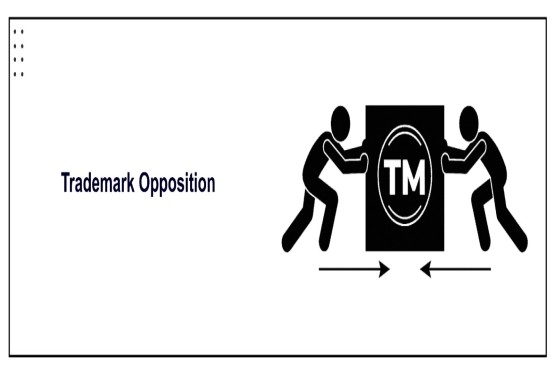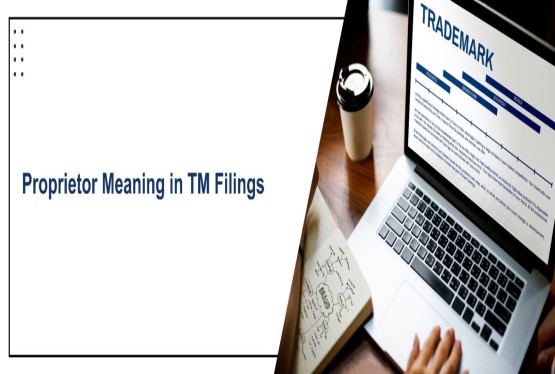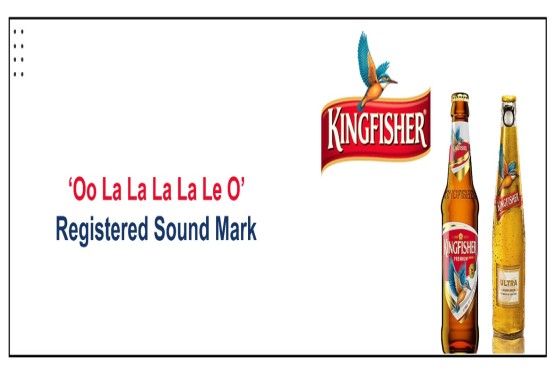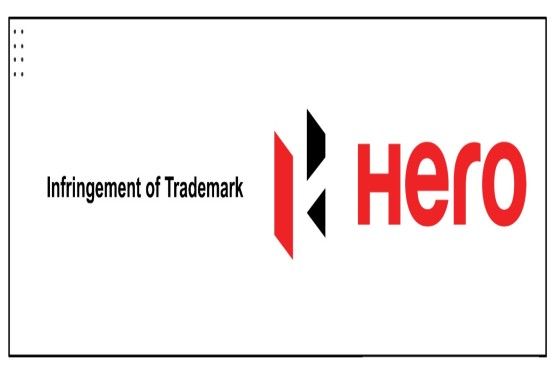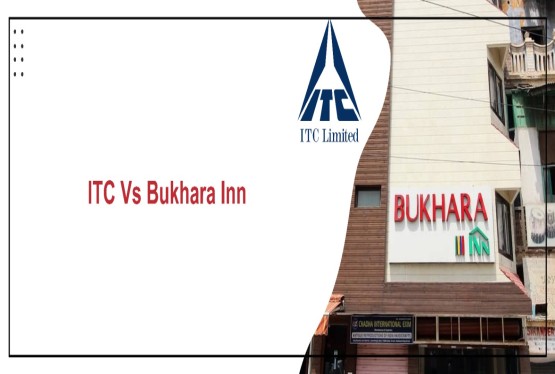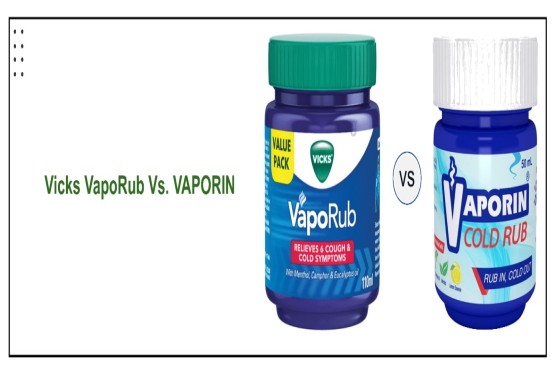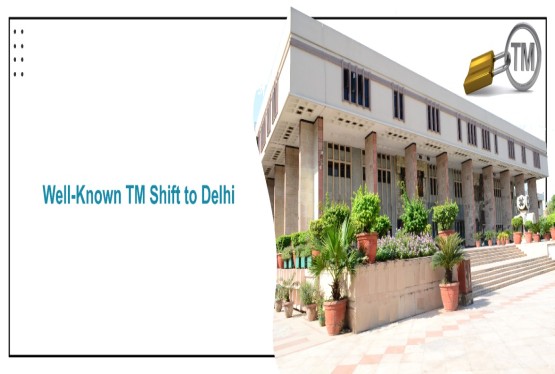The Delhi High Court recently deal with an important trademark dispute between Yatra Online Limited (Plaintiff) and the operators of BookMyYatra.com (Defendants). Yatra is a well-known travel company that provides online booking services for flights, hotels, buses, and holiday packages. It owns multiple registered trademarks, including the word ‘Yatra’, registered since 2006 in Class 39 (travel-related services).
Yatra argued that the defendants were misusing its goodwill by operating under the name ‘BookMyYatra.com’ and attempting to confuse the public. The case highlights the importance of protecting well-known marks under the Trademarks Act, 1999, especially Section 29 (Infringement of registered trademarks) and Section 29(4) (protection against dilution of well-known trademark).
Plaintiff’s Arguments (Yatra.com)
-
Registered Rights: Yatra owns several valid trademark registration for the word “YATRA” across relevant classes.
-
Well-Known Mark: Over years of use and extensive publicity, “Yatra” has become a household name and qualifies as a well-known trademark under Section 2(1)(zg) of the Trademarks Act.
-
Likelihood of Confusion: By adopting the mark BookMyYatra.com, defendants are creating deceptive similarity with Yatra’s mark. This may mislead customers into believing that BookMyYatra is associated with Yatra.
-
Dilution of Brand Value: Even if customers are not fully confused, using a similar mark reduces Yatra’s brand distinctiveness. This falls under Section 29(4), which protects famous marks from unfair advantage and dilution.
-
Bad Faith Adoption: Defendants intentionally copied Yatra’s well-known mark to ride on its reputation and divert consumers.
Defendant’s Arguments (BookMyYatra.com)
-
No Monopoly on Common Word: Defendants argued that “Yatra” is a generic Hindi word meaning ‘journey’, so Yatra.com cannot claim monopoly rights over it.
-
Different Services: They claimed their platform is independent and has its own offerings.
-
Coexistence in Market: Several other businesses use the word “Yatra” in their names, so Yatra.com cannot object to one more user.
-
Honest Use: The defendants said they chose the name in a descriptive and honest way, without intention to mislead.
Delhi High Court Ruling
-
The Court noted that Yatra.com holds valid trademark registrations, which gives it statutory rights under Section 28 of the Trademarks Act.
-
Even though “Yatra” is a Hindi word, Yatra.com has acquired secondary meaning through long and exclusive commercial use, making it distinctive.
-
The similarity between ‘Yatra.com’ and ‘BookMyYatra.com’ was considered deceptive. A consumer with average intelligence is likely to associate both services.
-
The defendants’ adoption appeared to be in bad faith, as they were offering the same travel-related services and clearly benefitted from the goodwill of Yatra.
-
The Court emphasized that well-known trademark deserves a higher level of protection against dilution and misrepresentation.
Relevant Provisions under Trademarks Act, 1999
-
Section 28, Trademarks Act, 1999: Rights conferred by registration.
-
Section 29, Trademarks Act, 1999: Infringement of registered trademark.
-
Section 135, Trademarks Act, 1999: Relief in suits for infringement/passing off.
Decision
The Delhi High Court passed an interim injunction restraining the defendant from:
-
Using the domain name “bookmyyatra.com”.
-
Using the trademarks “BOOKMYYATRA” or any other deceptively similar mark to “YATRA”.
The Court held that the plaintiff had made out a strong prima facie case, balance of convenience was in its favour, and irreparable injury would be caused if relief was not granted.
Conclusion
The Delhi High Court recognized the strong trademark rights of Yatra.com and observed that BookMyYatra.com’s adoption of a confusingly similar mark could amount to infringement under Section 29 of the Trademarks Act, 1999 and passing off. The Court leaned in favour of protecting the established goodwill of Yatra.com, reinforcing that even common words can become distinctive trademarks if they acquire a secondary meaning in the market.
FAQs
Q1. What was the dispute between Yatra and BookMyYatra.com?
Ans. The dispute arose because BookMyYatra.com used a domain name and mark that was deceptively similar to “Yatra,” a registered and well-known trademark. Yatra alleged that this created confusion and diluted its brand value.
Q2. Why did the Delhi High Court favor Yatra?
Ans. The Court recognized that Yatra had valid trademark registrations, long-standing use, and strong goodwill in the travel industry. It held that “BookMyYatra.com” was deceptively similar and adopted in bad faith, infringing Yatra’s rights under Section 29 of the Trademarks Act, 1999.
Q3. Does the word “Yatra” being a common Hindi term weaken Yatra.com’s rights?
Ans. No. Although “Yatra” means “journey” in Hindi, Yatra.com acquired distinctiveness and secondary meaning through extensive commercial use since 2006. Thus, it enjoys trademark protection despite being a dictionary word.
Q4. What provisions of the Trademarks Act, 1999 were relevant in this case?
Ans. Key provisions included:
-
Section 28: Rights conferred by registration.
-
Section 29: Infringement of registered trademarks.
-
Section 29(4): Protection of well-known marks from dilution.
-
Section 135: Remedies in suits for infringement or passing off.
Q5. What relief did the Court grant?
Ans. The Court granted an interim injunction restraining the defendants from using the domain “bookmyyatra.com” or any other deceptively similar mark.
Q6. What does this judgment mean for other businesses using common words?
Ans. It reinforces that even common or generic words can become distinctive trademarks when they acquire secondary meaning through long and exclusive commercial use. Competitors must avoid adopting confusingly similar marks to prevent infringement claims.
Q7. What is the significance of this ruling for well-known trademarks in India?
Ans. The ruling underscores that well-known marks receive stronger protection against dilution, misrepresentation, and unfair advantage, ensuring that their brand value and distinctiveness remain intact.






























_(b)_of_the_Trademark_Act,_1999_(1)_crop10_thumb.jpg)



_crop10_thumb.jpg)




























_crop10_thumb.jpg)
_crop10_thumb.jpg)






_crop10_thumb.jpg)








_crop10_thumb.jpg)



_crop10_thumb.jpg)





























_crop10_thumb.jpg)

















_crop10_thumb.jpg)






_crop10_thumb.jpg)












































































































































_crop10_thumb.jpg)




































_crop10_thumb.jpg)












_crop10_thumb.jpg)















































_crop10_thumb.jpg)

































































































